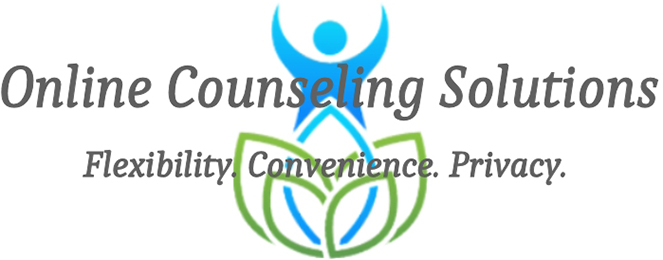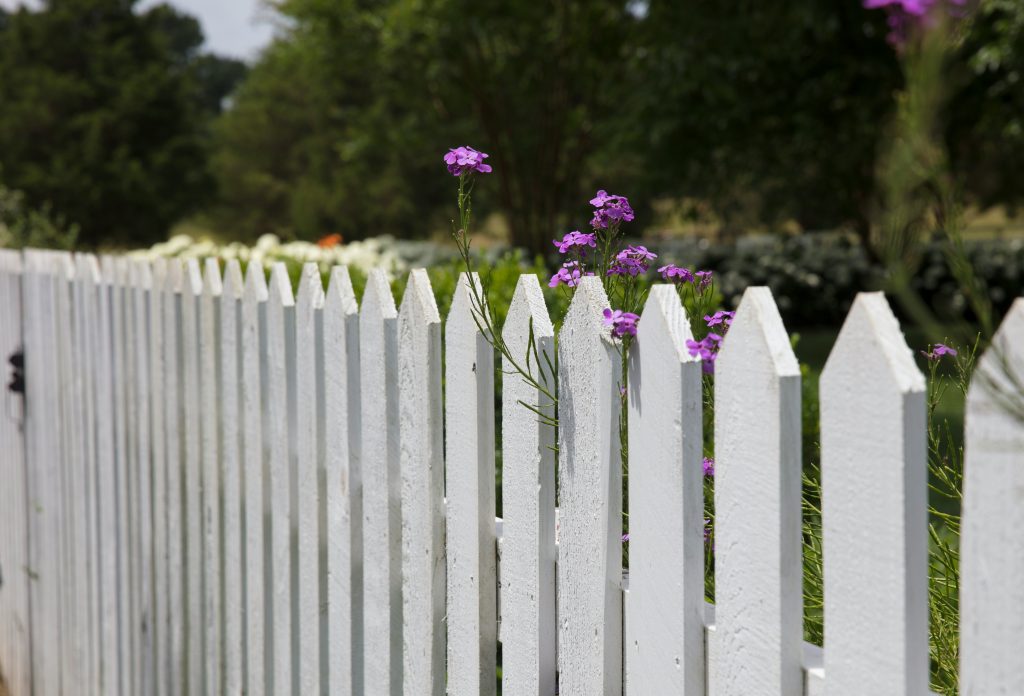Understanding Boundaries – What They Are and Why They Matter
(Inspired by Boundaries by Dr. Henry Cloud & Dr. John Townsend) I recommend this book to clients more than any other.
Welcome to Part 1 of my series on healthy boundaries! If you’ve ever struggled to say no, felt drained from people-pleasing, or wondered if boundaries are “un-Christian,” you’re not alone. The truth is—boundaries are biblical. And Jesus modeled them beautifully.
Let’s unpack what boundaries are, why they matter, and what Scripture has to say about them.
What Are Boundaries?
Boundaries are the invisible lines that define what belongs to you—your emotions, time, energy, choices—and what belongs to others. Think of them as fences, not walls. They protect what’s valuable without cutting you off from connection. Fences help keep the good in and and the bad out. In the poem by Robert Frost, entitled “Mending Walls”, comes the famous line, “Good fences make good neighbors”. Fences typically have gates that you can open to let others in and close when it’s time for them to leave. Boundaries are always in service to the relationship.
“Above all else, guard your heart, for everything you do flows from it.”
— Proverbs 4:23 (NIV)
This verse captures the essence of boundaries. Guarding your heart doesn’t mean shutting people out—it means stewarding your life wisely.
Are Boundaries Unloving or Selfish?
Not at all. I see this belief crop up often among Christians. This manifests itself in saying yes to every church request, event or group.Let’s bust a few myths:
- “Boundaries are selfish.”
Healthy boundaries allow you to love others and yourself well. They are the antidote to resentment, burn-out, and people pleasing
“Love your neighbor as yourself.” — Mark 12:31
We often don’t focus on the “as yourself” part of that verse. You can’t love others properly if you’re constantly neglecting yourself.
“Boundaries hurt relationships.”
- On the contrary, boundaries build healthy relationships based on honesty and mutual respect. While it might be true that people become angry when you erect healthy and loving boundaries, that is their choice in how to respond to your no. I repeat: Boundaries are always in service to the relationship, to help preserve it.
- “Saying no is unkind.”
Jesus said no. Repeatedly. With wisdom and compassion.
Jesus and Boundaries: Biblical Examples
Jesus—perfect in love and truth—was no people-pleaser. He knew how to set limits, say no, and walk away when necessary. Here are just a few examples:
1. Jesus Withdrew to Rest
Even Jesus needed time alone to recharge and pray. He didn’t feel guilty for stepping away.
“But Jesus often withdrew to lonely places and prayed.” — Luke 5:16
Who did he withdraw from? People!
2. Jesus Didn’t Let Others Derail His Mission
In Mark 1:35–38, Jesus left a crowd who wanted more of His time because He knew He had to move on.
“Let us go somewhere else—to the nearby villages—so I can preach there also. That is why I have come.” — Mark 1:38
In this passage, there were more people that needed healing, people were flocking to him at this point in his ministry. He didn’t come only to heal people; although he did much healing. He came to seek and save the lost. Imagine if he got sidetracked with healing everyone’s ailments and suffering. Would think him merely a great physician and healer. Not the Messiah that He is.
3. Jesus Didn’t Meet Every Demand
In John 11, when Lazarus was sick, Jesus didn’t rush immediately. He acted in God’s timing, not based on others’ expectations. He was expected to go immediately. Even Martha expressed her disappointment that he didn’t come earlier. Jesus did not fret over what others expected of him. Instead he stayed within the will of His father.
Why Boundaries Matter (Especially for Believers)
1. Boundaries Help You Own Your Life
“…each one should carry their own load.” — Galatians 6:5
We’re responsible for our choices, not others’. Boundaries keep that clear.
2. Boundaries Prevent Burnout
When you overextend yourself, you’re not serving—you’re striving. Boundaries help you stay in step with God’s pace, not people’s pressure.
3. Boundaries Grow Respectful Relationships
Truth-telling and love go hand in hand. Saying “no” or expressing limits invites healthier, more honest connections. Those that want that kind of relationship with you will respect your boundaries. Those that merely want you to meet their expectations or demands are the ones that grow angry with your boundaries. That is your big clue.
“Let your ‘Yes’ be ‘Yes,’ and your ‘No,’ ‘No.’” — Matthew 5:37
Do You Struggle With Boundaries?
Here are some red flags to look out for:
- You feel guilty saying no.
- You’re constantly exhausted from over-commitment.
- You avoid conflict at the expense of your own needs.
- You often resent people after helping them.
The first step to change is awareness—and grace.
Next Up: How to Set Boundaries Without Guilt
In Part 2, we’ll walk through how to set and communicate boundaries in real-life situations—biblically and lovingly. If Jesus could say no without shame, so can you.
Stay tuned—and take heart. You’re not alone in this journey, and you’re never outside of grace.

